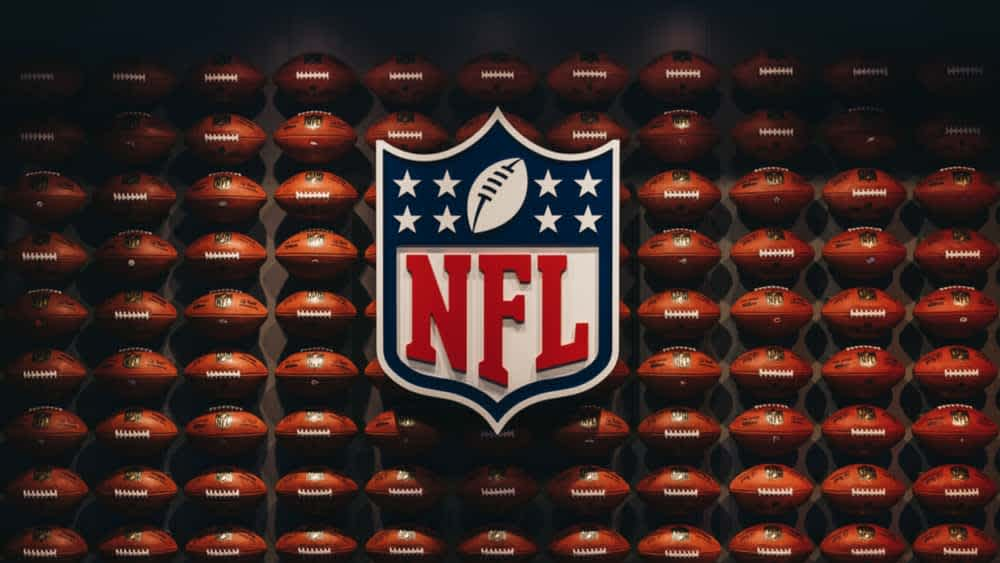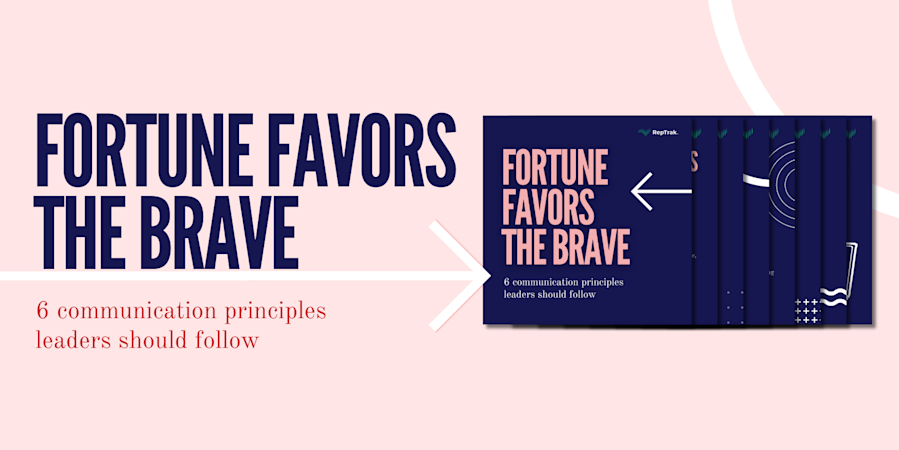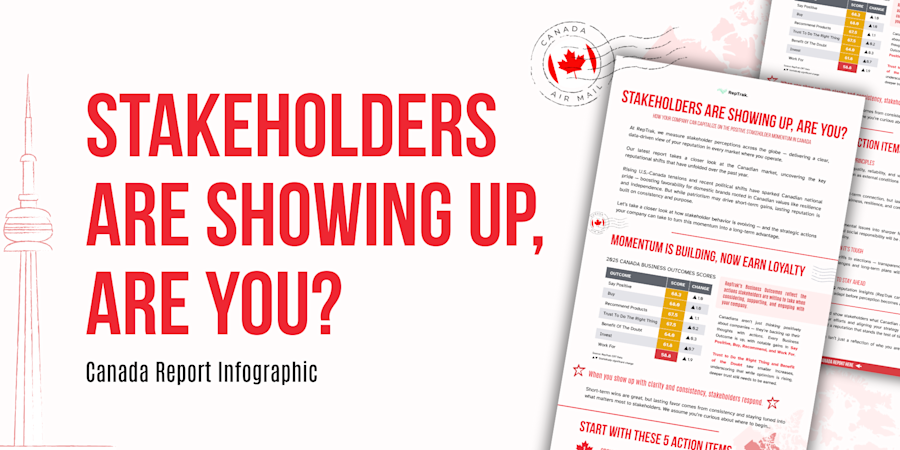4 Branding Lessons You Can Learn from NFL Scandals
Blog Post14 Jun, 2019
Oops … the NFL did it again.
Another scandal has surfaced involving someone in the NFL, putting the organization under that harsh spotlight yet again. News broke in February that New England Patriots owner Robert Kraft was allegedly “soliciting sex” from a Florida spa, and now he’s trying to suppress evidence—surveillance footage—of him at the spa.
While the NFL is arguably the most successful athletic league—and one of the most successful businesses—out there, it also might be the one most marred thanks to constant controversy. Part of the reason it prevails is probably because it continues to learn from its mistakes, as any business can. Keep reading for the lessons branding executives can learn from how the NFL handles scandals.
#1. It's not all about money
One of the major issues people have with how the NFL handles scandals is that the organization seems to value money over moral. Ray Rice and Michael Vick were given second chances after being arrested for domestic violence and animal abuse, respectively, while Colin Kaepernick was shunned for kneeling during the national anthem. The NFL’s reasoning behind those decisions comes down to talent on the field, not behavior off of it. That’s fair to some extent, but what about setting a good example to young people who idolize these players, valuing human decency and fighting the good fight?
Sure, the NFL launched an $89 million seven-year program to support social, education and criminal justice reform in January 2018, but only months later they contradicted it by attempting to silence Kaepernick. Money shouldn’t be the only thing a brand values; businesses should have strong principles and make sure the decisions they make align with them.
#2. Know who you're up against and align with them
Michael Vick pleaded guilty for his involvement in a dog-fighting ring in 2007, and after spending 21 months in federal prison he used his platform to lobby for the Animal Fighting Spectator Prohibition Act. The NFL, and businesses, should take his lead. When a scandal involves a specific issue like animal cruelty, domestic abuse, prostitution, or racial inequality, a business or organization needs to show its human side.
Executives can assist in this by educating themselves and the rest of the company on the problem. They can take it a step further by aligning with outside organizations that specialize in the specific issue to make sure they are addressing it appropriately and helping solve the problem.
#3. Take responsibility and action immediately
The first mistake NFL Commissioner Roger Goodell made when it came to the Ray Rice domestic violence videos was originally suspending the Baltimore Ravens player for only two games based on a less complete video that suggested—but didn’t show—that Rice hit his then fiancé. But no one will forget the then 10 days it took Goodell to publicly address the second, more graphic video.
The original punishment did not fit the crime, but waiting 10 days to apologize for that mistake just made things worse. And when he did, Goodell’s stiff apology and refusal to step down because of his mistake came off to critics as tone deaf. When addressing a scandal, do so as fast as your crisis management team will allow. But take time to sensibly sort out a solution that will paint the most sympathetic picture of the brand.
#4. Your actions can affect the industry
Tom Brady’s decision to allegedly under-inflate footballs in 2014 changed the way the public perceived not only him, but also the entire NFL. The league had been buried in controversies leading up to #Deflategate—from the domestic violence cases involving Rice and Adrian Peterson to the Aaron Hernandez murder trial—and Brady’s deflated football acted as a fan to the flames.
While deflating footballs is much less serious than violence, #Deflategate still showed a lack of discipline within the NFL. Basically, when one player makes a mistake, whether it’s a violent crime or cheating, the public almost always points fingers at the NFL. And the same can be said in business; the decisions you make in your personal and professional life—whether it’s to cheat, solicit sex from a Florida spa or treat dogs like football players—can reflect poorly on your company and industry. Melanie LoBue Senior Director, Global Marketing The RepTrak Company [email protected] @melanielobue






